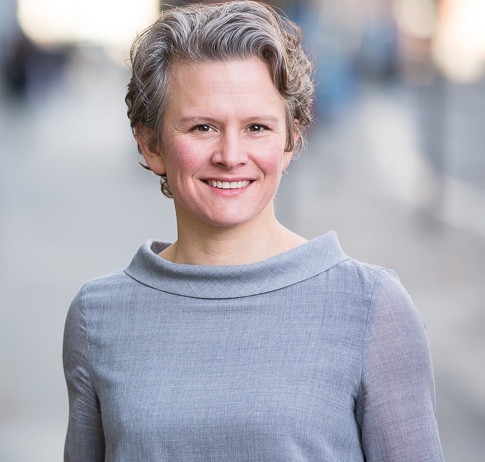Article
A parental child abduction from Hong Kong to England
11 June 2024 | Applicable law: England and Wales, Hong Kong | 4 minute read
The 1980 Hague Convention is an agreement between a number of countries, which is very familiar to family lawyers but which most parents hope never to have to concern themselves with. It's used where one parent has taken a child abroad without the other parent's permission (or kept them abroad after initially travelling there with permission), i.e. where there has been an abduction. The Convention is designed to ensure that the child is swiftly returned to the country where they live.
But there are some circumstances where the Convention may not require a child to be returned to the country where they live. Those include where "there is a grave risk that a return would expose the child to physical or psychological harm or otherwise place the child in an intolerable situation" or "where the child objects to being returned and has attained an age and degree of maturity at which it is appropriate to take account of its views".
Those were the objections raised in the recently reported English case of Re X [2024] EWHC 1296 (Fam), which concerned England and Hong Kong (both of which are signatories to the Hague Convention).
The mother had, without their father's permission, taken three children (aged 13, 10 and 9) to England from Hong Kong, where they had up until then lived for all of their lives. The father applied to the English court for the children to be returned to Hong Kong, but the mother said that they should stay in England because a return would expose them to a grave risk of harm and because the children also objected to a return.
During the proceedings, all three of the children were consistent in saying that they found their educational routine in HK, including four hours per day of after-school tuition at a tutorial centre, to be onerous. They had no time to rest or relax or to reflect on and digest what they had learned. By contrast in England, teachers would take the time to ensure that they understood the subject; and there was less homework, leaving them free for activities such as going to the park or going shopping in the evenings. They had nothing positive to say about their father, and they said that their father had on occasion physically punished all three of them and had also hit their mother (in the past).
The English court said that these circumstances did constitute a grave risk of harm for the children if they were to return to Hong Kong. However, the father belatedly offered to give a series of promises to both the English and Hong Kong courts. These included that, if the children returned, he would move out of the family home, not require the children to attend a tutorial centre, would consider alternative schools in Hong Kong, and that he would not assault, harass or pester the mother. The English court thought that these promises mitigated the risk of harm.
The children's objections to a return were the most difficult aspect of the case for the English court. Given the children's ages, the court gave their views significant weight, but this was tempered because the court found the mother to have been influencing the children.
On balance, the court decided that the children should be returned to Hong Kong. There will now be proceedings in Hong Kong about the children's longer-term future (should they live with the mother or the father or both, and if the mother, should she be allowed to relocate the children permanently to England?)
This case perfectly illustrates that the Hague Convention is designed to swiftly return children to the country where they live so that that country's courts can decide what is best for them. The focus of the enquiry was not on whether England or Hong Kong might be a better upbringing for these children nor about the relative advantages and disadvantages of the two countries' schooling systems, weather or food, even though the judgment might have touched on all of these issues (apparently Hong Kong is "too hot" but there is "lots of food" for anyone wondering, according to these three children!). Such proceedings about best interests take much longer and require much more evidence than Hague Convention proceedings. So these three children's home is to remain in Hong Kong for now, until the Hong Kong court can fairly determine whether remaining there or relocating to England is best for them.
A final point is that not all countries have signed up to the Hague Convention, including (notably from Hong's Kong's perspective) the People's Republic of China, but also Indonesia, Malaysia, India, the United Arab Emirates, and Egypt.



